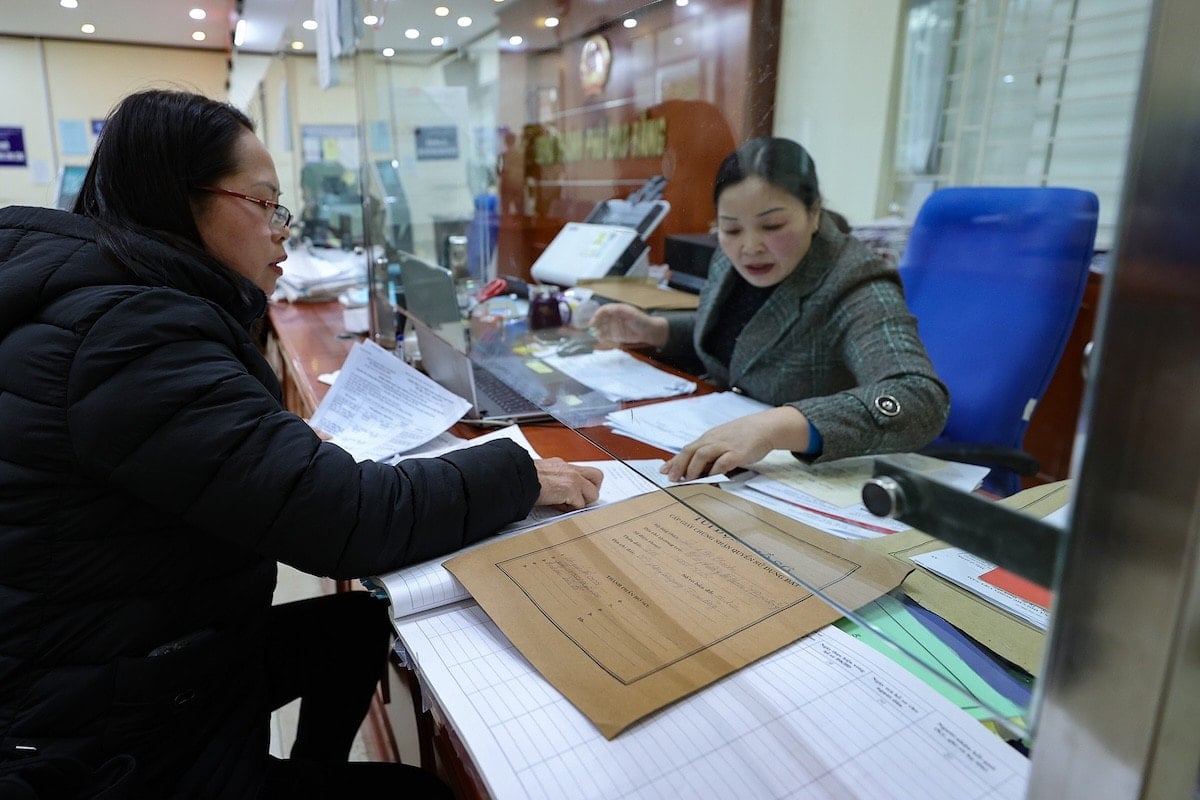
No district level organization to be closer to the people
From the perspective of a grassroots civil servant, Mr. Le Doan T. in Xuan Cao commune, Thuong Xuan district, Thanh Hoa province, said that implementing Conclusion 127 of the Politburo on eliminating the intermediate level - district level and merging some commune-level units is not simply a change in structure but a harmonious combination of district and commune functions in the new model.
The goal is not to turn the commune into a “miniature district” but to build a government level closer to the people, where resources are concentrated and managed effectively, policies are implemented quickly, avoiding the situation of shirking responsibility. This is a way for localities to take advantage of open development space, creating a long-term vision for sustainable development.
To achieve this, according to Mr. T., administrative reform, focusing on cutting down cumbersome procedures, needs to be emphasized, especially in the context of new communes with large populations, large areas and heavier tasks. Along with that, digital transformation, digitization of records and online procedure settlement are promoted.
“The citizen identification card is a digitalized document. However, when applying for a job or borrowing money from a bank in many places, people still have to have their photocopies notarized. Although the household registration has been abolished, people still have to apply for a residence confirmation paper for whatever they need to do…”, this reader stated the reality.
To bring the government closer to the people, Mr. T. believes that the staff also needs to meet new requirements for technological capacity. Each staff member needs to master technology, apply digital technology in their work and support people to access technology through the "Digital Education for All" movement.
This not only builds e-government but also forms a digital citizen community, contributing to realizing the goal of a digital nation.
There needs to be a fundamental, comprehensive plan for personnel arrangement.
The arrangement of personnel, who goes and who stays in the process of arranging administrative units and streamlining the apparatus is also an issue of concern.
Also from the grassroots perspective, according to reader Le Chi Vy, this process needs to be carried out carefully and fairly, not only limited to civil servants but also extended to semi-professional staff. The mechanism should not become a barrier, but should be flexibly adjusted to suit reality and attract talent.
Accordingly, there needs to be a comprehensive plan to arrange jobs for cadres after streamlining, including: Assessing individual capacity and aspirations, determining the actual human resource needs of agencies, internal transfers, training and development, and even supporting career transitions if necessary.
For cadres and civil servants, prioritizing young people with appropriate qualifications, knowledge of information technology and outstanding achievements from university (such as being admitted to the Party while still a student) is a reasonable direction. For part-time cadres, it is necessary to consider qualifications, actual contributions, age and development potential to select or further train.
Agreeing with the above opinion, reader Tran Van Thang also believes that it is necessary to recognize that the younger generation is more dynamic, agile, and effective than the generation "on the verge" of retirement age.
However, it is also necessary to focus on building a transparent and fair management and handling mechanism for violations, without covering up or "leaving room for violations to exist", through clear decentralization and delegation of authority with clear sanctions.
From the perspective of a district-level civil servant who has worked for 24 years, Mr. Nguyen Chi Cuong gave 4 criteria to choose officials and civil servants to "stay or go" during the merger.
The first criterion is to retain those who have passed the civil service exam organized by the provincial level (Department of Home Affairs).
The second criterion is to choose people who have studied at a regular university. Because they have passed the university entrance exam, are inherently good, knowledgeable and have creative thinking when approaching work.
The third criterion is to select cadres who are ethical, exemplary, pioneers in their work, and always complete assigned tasks well.
The fourth criterion is to select studious people who have studied for a master's degree, and have studied a regular major in that major.
"I think screening according to these four criteria will retain talented people to serve the people," Mr. Cuong concluded.
According to the draft revised Law on Cadres and Civil Servants expected to be submitted to the National Assembly at the upcoming session, commune-level cadres and civil servants will have their payroll numbers kept the same until the review, streamlining, restructuring and arrangement according to job positions of local authorities are completed; their current salary level will be retained until new jobs are arranged according to Government regulations.
Within 5 years, provinces and centrally run cities must arrange, streamline and restructure their staff according to the approved job position plan.
Source: https://baohaiduong.vn/cong-chuc-xa-mong-tinh-gian-khong-dong-nghia-loai-bo-uu-tien-chon-nguoi-tre-408892.html



![[Photo] Binh Trieu 1 Bridge has been completed, raised by 1.1m, and will open to traffic at the end of November.](https://vphoto.vietnam.vn/thumb/1200x675/vietnam/resource/IMAGE/2025/10/2/a6549e2a3b5848a1ba76a1ded6141fae)








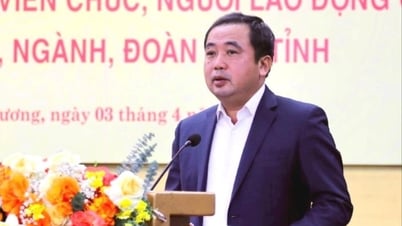



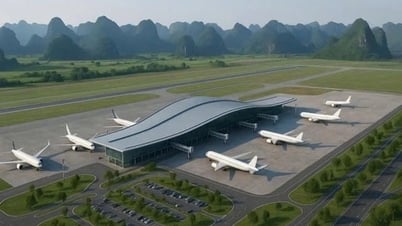
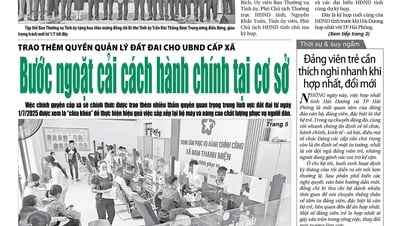

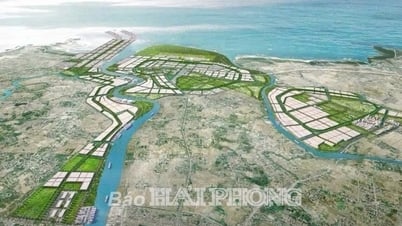






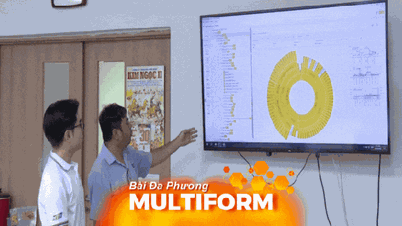
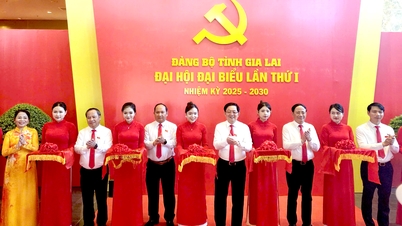


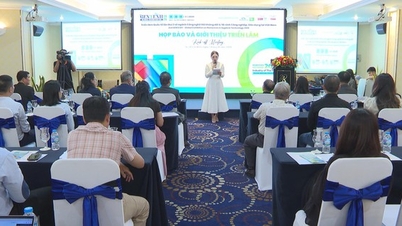























































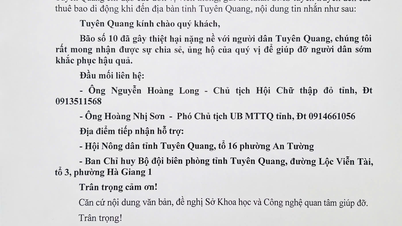

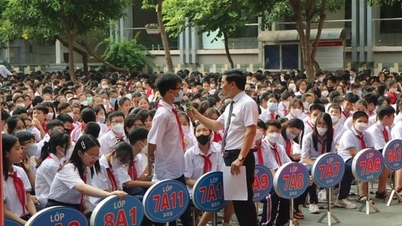














Comment (0)